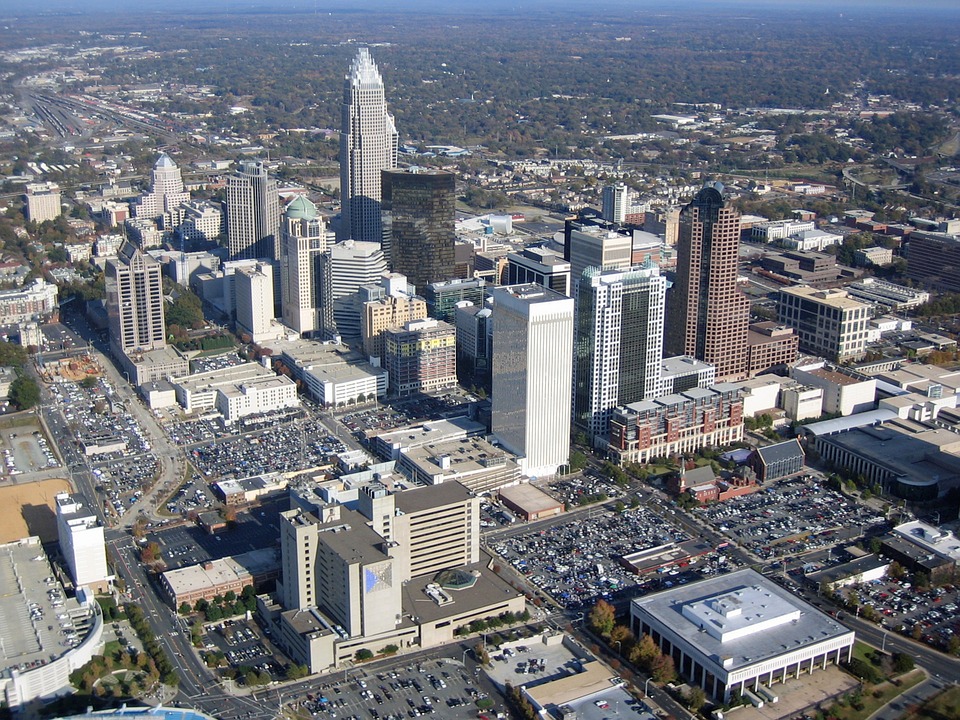
Historically underrepresented populations in North Carolina, as well as newly settled immigrant groups in the state, seek to have fair political representation reflected in redistricting after the 2020 Census.
Rebeca Tippett, director and founder of Carolina Demographics, at the Carolina Population Center, said during a media session conducted by Ethnic Media ServicesThe 2020 Census provided North Carolina with critical information for future decision making.
He recalled that the current population of the state is just over 10.4 million residents, a figure with a significant increase in the last 10 years, when it was 940,000 inhabitants. This growth has been reflected mainly in the increase of minority communities.
In this growing diversification, he recalled that in 1990 about 75 percent of the state's population identified as Caucasian or white, 22 percent African-American and a very small portion in other racial groups. By 2000, however, there was a significant increase in the Hispanic population "and some growth in all other races due to the introduction of the multiracial option in the ethnicity question in that year's census.
By 2010 the rise of these minority groups began to be more noticeable, especially for the Latino community, but by 2020 the increase was steep. Part of that, he said, was due to some of the changes in the way the Census Bureau measured and quantified race and ethnicity.
Thus according to this Census, North Carolina is 60 percent Caucasian, 20 percent African American, 11 percent Latino, 3.0 percent Asian American, and 6.0 percent all other racial groups, including American Indian, other races, and multiracial.
"This work we do now is the continuation of hard work and consensus, and it leads to the vote and a proper redistricting process," he stressed.
This, he stressed, "ensures that people who share interests and values through common sense concerns about environmental justice, or who are focused on health equity, extend to the common background process where those interests come together and coalesce so that maps can be drawn that incorporate those communities so that they can elect their political representatives".
Fair redistricting without intervention
For this to happen, real justice in political terms is important, free of a "Gerrymandering" that damages the roots of democracy itself.
"Racial gerrymandering is illegal for a reason, it hurts voters, it hurts people, and it hurts state institutions," Kyle Hamilton Brazile, Civic Engagement Director for NC Counts Coalition, said at the time.
The term gerrymandering refers to the practice of drawing electoral district boundary lines to favor one political party, individual, or constituency over another. When used rhetorically by opponents of a particular district map, the term has a negative connotation but does not necessarily address the legality of a contested map.
The term can also be used in legal documents; in this context, the term describes redistricting practices that violate federal or state law.
Brazile detailed that some infamous famous examples of gerrymandering in the state, is the famous 12th district, which added a time spread out, from Mecklenburg County to near Durham. "It was a district that was 64 percent majority and African-American population, and it was so narrow in some parts that they were no wider than a freeway lane."
Another example of gerrymandering that has been seen in North Carolina, he said, is when historically black colleges and universities (HBCUs) and North Carolina A&T State University had a campus split down the middle so that the university vote was diluted and not as powerful.
"So, in order to get to where we want to be and in order to engage people, we're asking them to provide input during the upcoming public hearings. And we're working to educate communities about the issues that intersect with redistricting," he said.
It should be noted that public hearings on redistricting in North Carolina are on the following schedule: Sept. 8 at Caldwell Technical Institute and Community College; Sept. 14 at Forsyth Technical Community College and Elizabeth City State University; Sept. 15 at Durham Technical Community College and one more at Nash Community College.
Two more hearings will be held Sept. 16, one at Alamance Community College and the other at Pitt Community College; Sept. 21 at Western Carolina University; Sept. 22 at Central Piedmont Community College; Sept. 23 at Mitchell Community College - Iredell County campus; Sept. 28 at UNC-Pembroke; Sept. 29 at UNC-Wilmington; and Sept. 30 at Fayetteville Technical Community College.
Latinos, an overlooked community in North Carolina
Ivan Almonte, of Rapid Response in Durham, noted that there have been conversations in Durham about the issues that have impacted the Latino community for years, and how politicians and decision-makers have a responsibility to address those issues.
"But because of the political climate we are invisible to the system," he said.
He noted that the Latino community wants to get involved and be part of redistricting because the disparities during the pandemic were more visible to this population group.
"Many community members are motivated and willing to advocate for themselves due to the fact that our community is growing and together we can fight for change. The hesitation is always the interaction that this process involves with the government."
You may be interested in: Equitable redistricting needed as racial diversity increases


